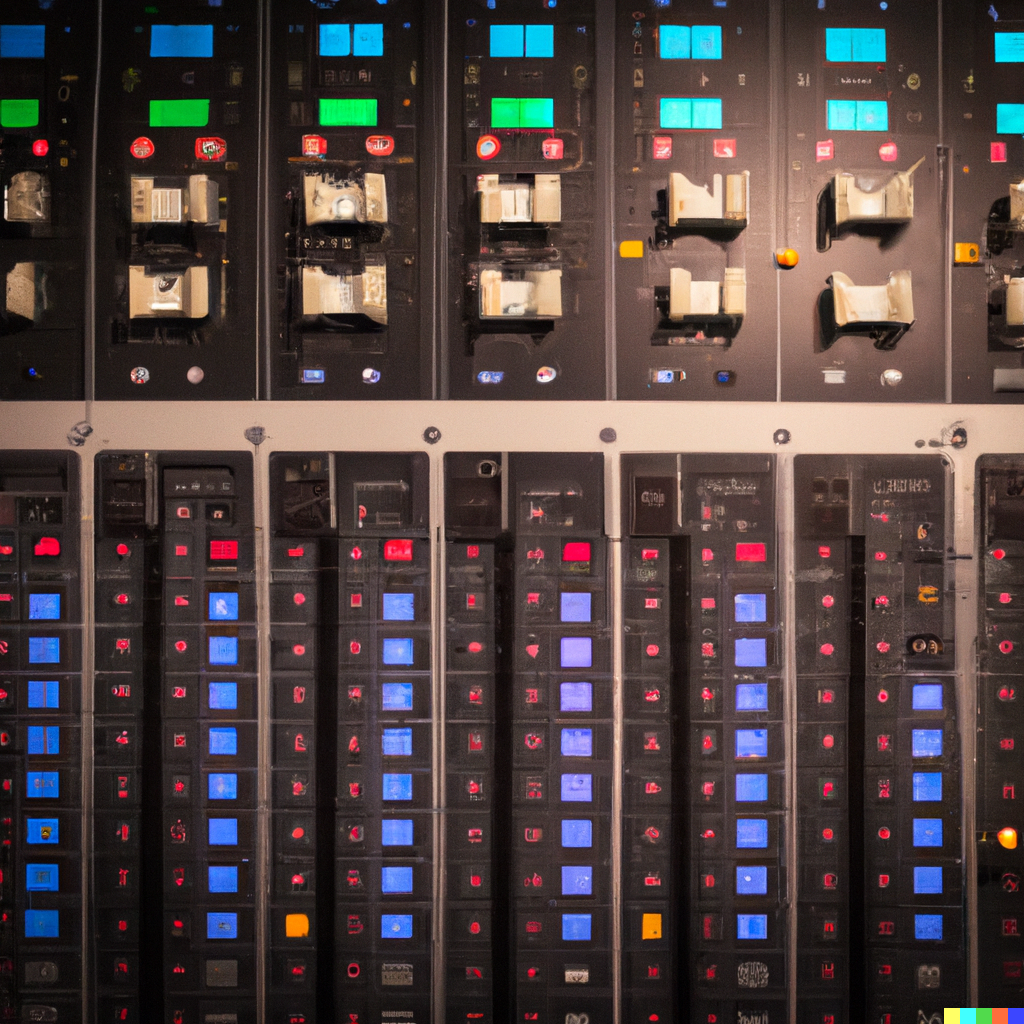What is a Recording Studio?
In the world of music production, a recording studio is an essential space for artists to create and record their music. It is a professional space equipped with specialized hardware and software, as well as skilled personnel to help produce, record, and edit audio recordings. Recording studios can be small and modest or large and elaborate, and they can be found in a variety of settings, from standalone buildings to home-based setups.
History of Recording Studios
Recording studios have come a long way since their inception in the late 19th century. The first recording studios were known as phonograph parlors, which were small, coin-operated booths that allowed people to record their voices onto wax cylinders. With the invention of the gramophone in the early 20th century, studios began to appear that allowed musicians to record their music onto shellac discs. As technology continued to advance, studios evolved to include reel-to-reel tape recorders, multi-track recording equipment, and eventually digital audio workstations.
Components of a Recording Studio
A recording studio typically consists of several components that work together to create high-quality recordings. These components include:
Control Room
The control room is where the recording engineer sits while recording and mixing the music. It is equipped with high-quality monitors, mixing consoles, and other specialized equipment.
Live Room
The live room is where the musicians play their instruments and record their music. It is typically acoustically treated to provide the best possible sound quality.
Isolation Booth
An isolation booth is a separate, soundproof room that is used to record individual instruments or vocal performances. It allows for greater control over the sound and can help eliminate unwanted background noise.
Equipment
A recording studio is equipped with a wide range of specialized equipment, including microphones, amplifiers, instruments, effects processors, and digital audio workstations.
Types of Recording
There are various types of recordings that can be done in a recording studio, each with its own unique requirements and techniques. Here are some of the most common types of recording:
1. Music Recording
Music recording is the most common type of recording done in a recording studio. It involves capturing performances of musicians, singers, and instrumentalists in the live room and isolating individual performances in the isolation booths. The engineer then mixes and edits the recordings to produce a finished product.
2. Voice-Over Recording
Voice-over recording is used to record spoken dialogue for film, television, radio, and other forms of media. It typically involves recording a single voice actor in an isolation booth using a high-quality microphone.
3. Foley Recording
Foley recording is used to create sound effects for film and television. It involves recording everyday sounds, such as footsteps, door slams, and car engines, to create a more realistic audio experience.
4. Field Recording
Field recording involves capturing audio in a non-studio environment, such as a concert hall or natural setting. It requires specialized equipment and techniques to capture high-quality audio in challenging conditions.
5. ADR Recording
ADR (Automated Dialogue Replacement) recording is used to re-record dialogue for film and television that was not captured properly during filming. It involves syncing the new audio with the existing visuals to create a seamless finished product.
Choosing a Recording Studio
When choosing a recording studio, there are several factors to consider. These include the size and quality of the studio, the availability of specialized equipment, the experience and expertise of the recording engineers, and the overall cost. It’s also important to consider the studio’s location and accessibility, as well as any additional services they may offer, such as mixing and mastering.
Conclusion
In conclusion, a recording studio is a crucial space for musicians, producers, and audio professionals to create high-quality audio recordings. Whether you’re recording music, voice-over work, or sound effects, a recording studio provides the tools and expertise needed to produce a polished finished product. When choosing a recording studio, it’s important to consider a variety of factors to ensure that you get the best possible recording experience.
FAQs
- Do I need to have a record label to use a recording studio?
- No, anyone can use a recording studio, regardless of whether or not they have a record label.
- Can I bring my own instruments and equipment to a recording studio?
- Yes, many recording studios allow you to bring your own instruments and equipment, although they may have certain requirements or limitations.
- How long does it take to record a song in a recording studio?
- The amount of time it takes to record a song can vary widely depending on a variety of factors, including the complexity of the song, the number of instruments and vocals involved, and the experience of the recording engineer.
- How much does it cost to record a song in a recording studio?
- The cost of recording a song can vary widely depending on the studio, the equipment used, and the level of expertise of the recording engineer. It’s important to discuss pricing and budget upfront to avoid any surprises.
- Can I record remotely from a different location?
- Some recording studios offer remote recording services, which allow you to record from a different location. However, this can be more challenging and may require specialized equipment and technical expertise.

Leave a Reply